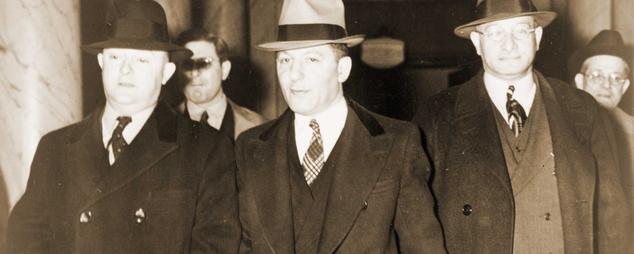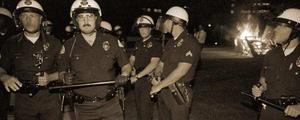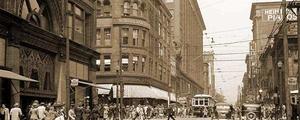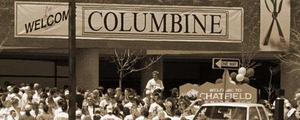In 1954, as the FBI was investigating the alleged spread of communism in the United States, 64% of Americans told Gallup they "would feel pretty sure" FBI Director J. Edgar Hoover "[had] most of the American communists under [the FBI's] eye."
| % | |||||||||||||||||||||||||||||||||||||||||||||||||||||||||||||||||||||||||||||||||||||||||||||||||||
|---|---|---|---|---|---|---|---|---|---|---|---|---|---|---|---|---|---|---|---|---|---|---|---|---|---|---|---|---|---|---|---|---|---|---|---|---|---|---|---|---|---|---|---|---|---|---|---|---|---|---|---|---|---|---|---|---|---|---|---|---|---|---|---|---|---|---|---|---|---|---|---|---|---|---|---|---|---|---|---|---|---|---|---|---|---|---|---|---|---|---|---|---|---|---|---|---|---|---|---|
| Would feel pretty sure | 64 | ||||||||||||||||||||||||||||||||||||||||||||||||||||||||||||||||||||||||||||||||||||||||||||||||||
| Would not | 27 | ||||||||||||||||||||||||||||||||||||||||||||||||||||||||||||||||||||||||||||||||||||||||||||||||||
| Don't know | 9 | ||||||||||||||||||||||||||||||||||||||||||||||||||||||||||||||||||||||||||||||||||||||||||||||||||
| Conducted in May 1954 with a national adult sample of 4,933 | |||||||||||||||||||||||||||||||||||||||||||||||||||||||||||||||||||||||||||||||||||||||||||||||||||
| Gallup and National Opinion Research Center | |||||||||||||||||||||||||||||||||||||||||||||||||||||||||||||||||||||||||||||||||||||||||||||||||||
Hoover was the highly popular head of the FBI in this era, having been the leader of the nation's top police agency since 1924. Five months before this survey, 78% told Gallup they had a favorable opinion of the director, with only 2% having an unfavorable opinion.
Hoover was a passionate anti-communist who established programs relying on wiretaps, surveillance and the infiltration of left-wing groups to fight the so-called Red Scare. Under Hoover, FBI agents helped build the case against Americans Julius and Ethel Rosenberg. The two were convicted of espionage in 1951 and were executed in 1953.
By 1954, the FBI had arrested more suspected American communists, at the same time U.S. Rep. Joseph McCarthy was nationally known for having chaired hearings in the House of Representatives investigating alleged communists in government. In later years, Hoover wiretapped Martin Luther King Jr. on the unfounded suspicion that the civil rights leader was an American communist.
Hoover's obsession with perceived American communism continued unabated until he died in office in 1972. Americans were positive about Hoover right to the end, with about three-quarters in 1971 rating the job he had done as excellent (41%) or good (33%), another 10% calling it fair, and just 7% poor or bad.
Read the original Gallup news release.
These data can be found in Gallup Analytics.
Read more from the Gallup Vault.




